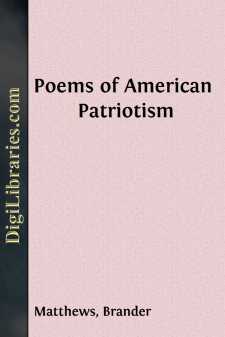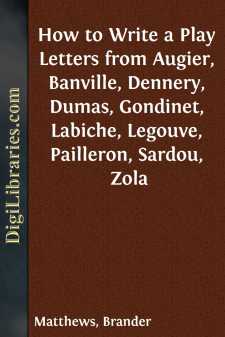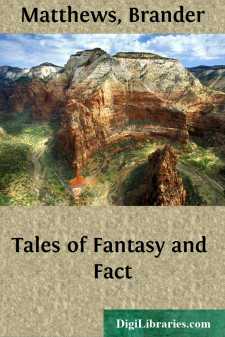Categories
- Antiques & Collectibles 13
- Architecture 36
- Art 48
- Bibles 22
- Biography & Autobiography 813
- Body, Mind & Spirit 142
- Business & Economics 28
- Children's Books 17
- Children's Fiction 14
- Computers 4
- Cooking 94
- Crafts & Hobbies 4
- Drama 346
- Education 46
- Family & Relationships 57
- Fiction 11829
- Games 19
- Gardening 17
- Health & Fitness 34
- History 1377
- House & Home 1
- Humor 147
- Juvenile Fiction 1873
- Juvenile Nonfiction 202
- Language Arts & Disciplines 88
- Law 16
- Literary Collections 686
- Literary Criticism 179
- Mathematics 13
- Medical 41
- Music 40
- Nature 179
- Non-Classifiable 1768
- Performing Arts 7
- Periodicals 1453
- Philosophy 64
- Photography 2
- Poetry 896
- Political Science 203
- Psychology 42
- Reference 154
- Religion 513
- Science 126
- Self-Help 84
- Social Science 81
- Sports & Recreation 34
- Study Aids 3
- Technology & Engineering 59
- Transportation 23
- Travel 463
- True Crime 29
Poems of American Patriotism
by: Brander Matthews
Description:
Excerpt
BOSTON
SICUT PATRIBUS, SIT DEUS NOBIS RALPH WALDO EMERSON
[sidenote: Dec. 16, 1773] This poem was read in Faneuil Hall, on the Centennial Anniversary of the "Boston Tea-Party," at which a band of men disguised as Indians had quietly emptied into the sea the taxed tea-chests of three British ships.
The rocky nook with hill-tops three
Looked eastward from the farms,
And twice each day the flowing sea
Took Boston in its arms;
The men of yore were stout and poor,
And sailed for bread to every shore.
And where they went on trade intent
They did what freemen can,
Their dauntless ways did all men praise,
The merchant was a man.
The world was made for honest trade,—
To plant and eat be none afraid.
The waves that rocked them on the deep
To them their secret told;
Said the winds that sung the lads to sleep,
"Like us be free and bold!"
The honest waves refuse to slaves
The empire of the ocean caves.
Old Europe groans with palaces,
Has lords enough and more;—
We plant and build by foaming seas
A city of the poor;—
For day by day could Boston Bay
Their honest labor overpay.
We grant no dukedoms to the few,
We hold like rights and shall;—
Equal on Sunday in the pew,
On Monday in the mall.
For what avail the plough or sail,
Or land or life, if freedom fail?
The noble craftsmen we promote,
Disown the knave and fool;
Each honest man shall have his vote,
Each child shall have his school.
A union then of honest men,
Or union nevermore again.
The wild rose and the barberry thorn
Hung out their summer pride
Where now on heated pavements worn
The feet of millions stride.
Fair rose the planted hills behind
The good town on the bay,
And where the western hills declined
The prairie stretched away.
What care though rival cities soar
Along the stormy coast:
Penn's town, New York, and Baltimore,
If Boston knew the most!
They laughed to know the world so wide;
The mountains said: "Good-day!
We greet you well, you Saxon men,
Up with your towns and stay!"
The world was made for honest trade,—
To plant and eat be none afraid.
"For you," they said, "no barriers be,
For you no sluggard rest;
Each street leads downward to the sea,
Or landward to the West."
O happy town beside the sea,
Whose roads lead everywhere to all;
Than thine no deeper moat can be,
No stouter fence, no steeper wall!
Bad news from George on the English throne:
"You are thriving well," said he;
"Now by these presents be it known,
You shall pay us a tax on tea;
'T is very small,—no load at all,—
Honor enough that we send the call."
"Not so," said Boston, "good my lord,
We pay your governors here
Abundant for their bed and board,
Six thousand pounds a year....





